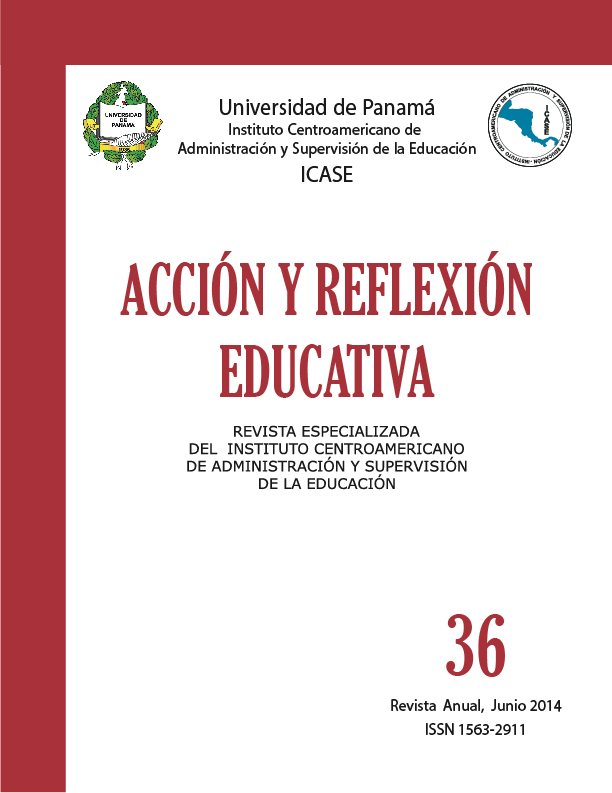

The faculty plays a pivotal role in the student’s emotional education, since the educator’s pedagogical praxis and interaction styles may promote or obstruct this process. That is why both the faculty’s emotional intelligence and emotional health are of utmost importance. In this respect, emotional intelligence has been thoroughly studied, but with little evidence in regards to its impact on the role of professors who take part in the academic training of other professors.
This research analyzes the reality of emotional intelligence from a sample of professor trainers and its relationship with the way they are perceived by their students. The findings reveal the positive relationship between the variables studied, thus becoming a benchmark and warning us about the importance of promoting emotional competences optimization, for the benefit of professors in training and their current and future students.